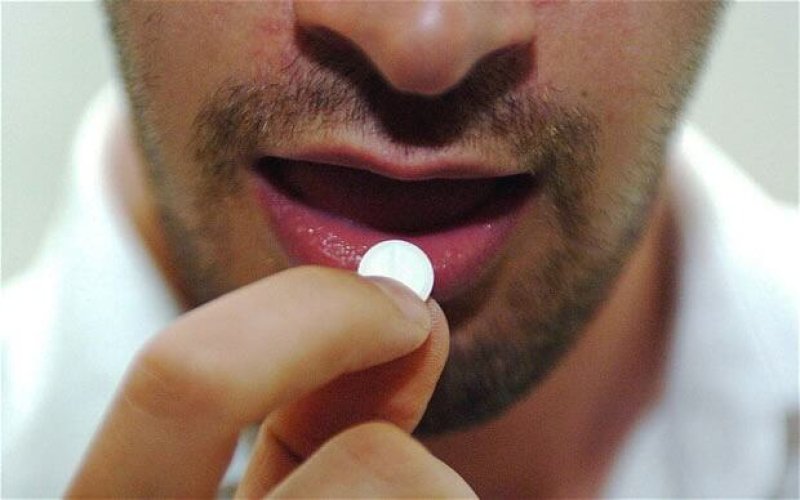Drugs originally developed to treat diseases ranging from diabetes to alcoholism may have applications in cancer treatment, according to a new study. Researchers tested thousands of existing medications, many of which have already been approved by the U.S. Food and Drug Administration for treating diseases other than cancer, against hundreds of different human cancer cell lines in the lab. The study revealed dozens of newly identified cancer-killing compounds.
…
Of course, not all of these medications will turn out to work against cancer in humans. Predictive biomarkers can indicate how effective a treatment will be against a particular type of cancer cell line in the lab or how well it can treat a patient in the clinic. “We prioritized drugs for follow-up that had selective [anticancer] activity and drugs that had predictive biomarkers from these cell line features,” [researcher Steven] Corsello says. Medications that can predictably kill certain cancer cells could eventually be tested in patients and predict individuals who could benefit from those treatments.
…
By using technologies such as CRISPR gene editing and screening, “we’re able to take a drug with promising activity and actually figuring out how it’s working.”































